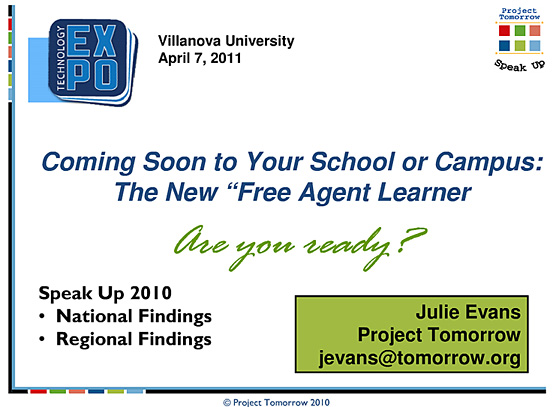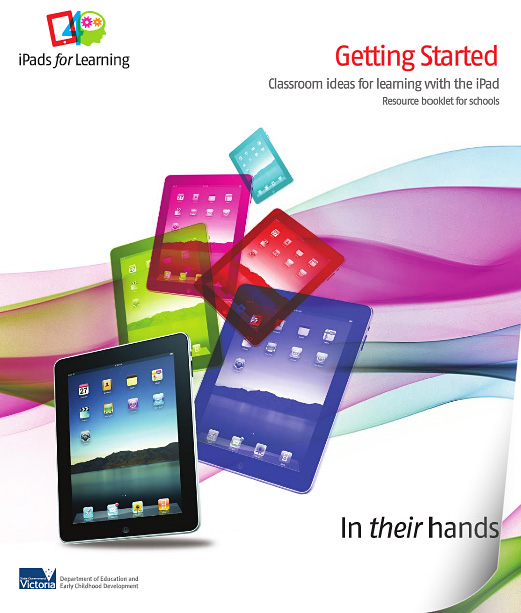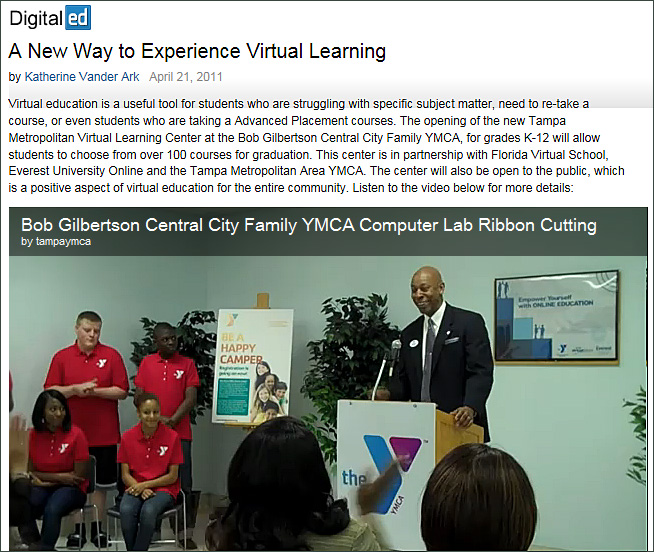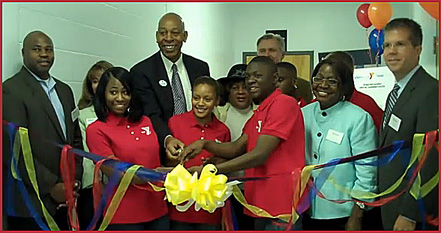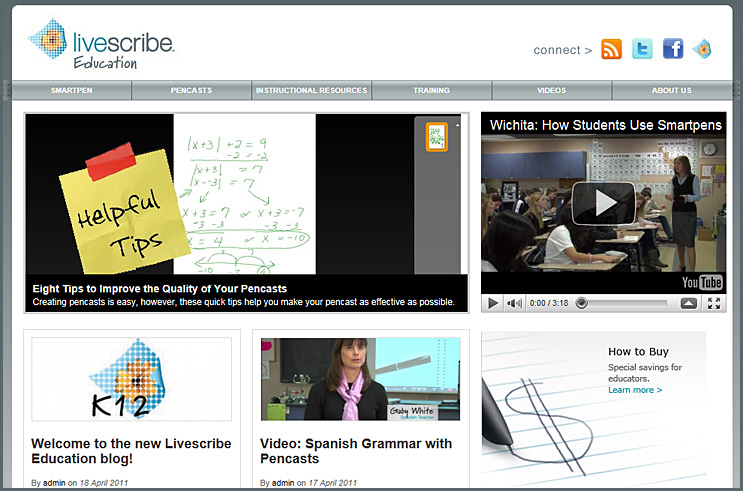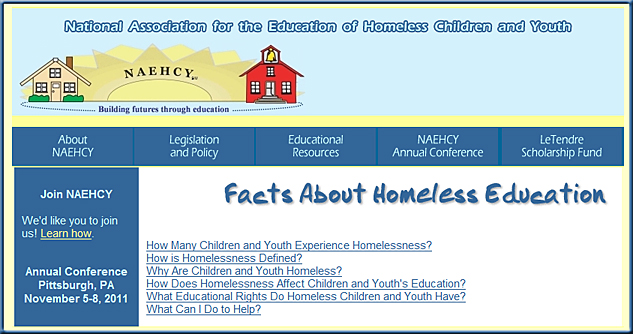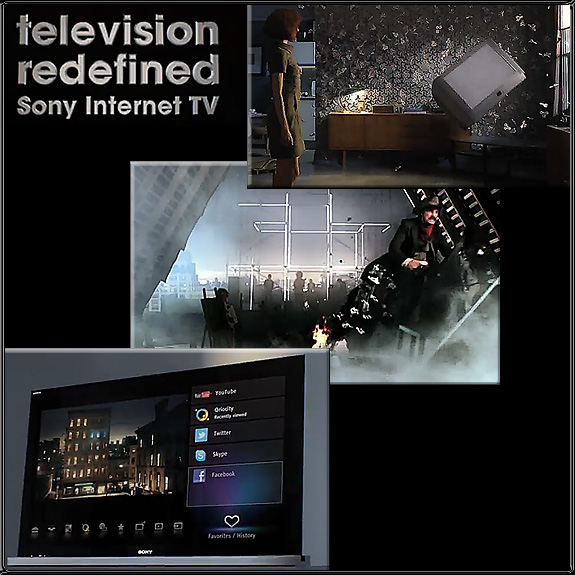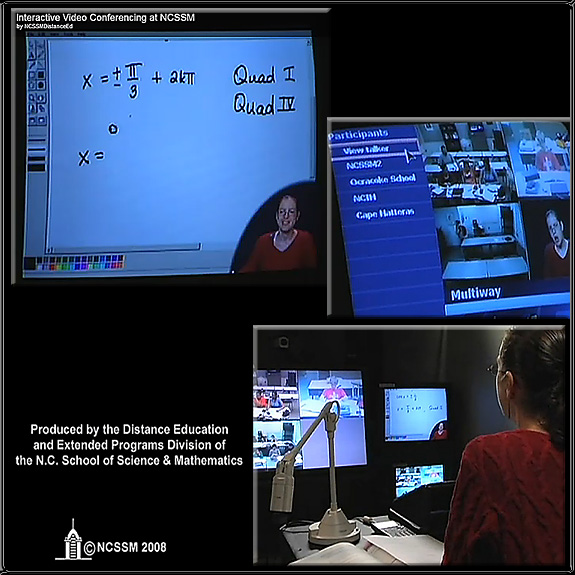WorldFuture 2011: Moving from Vision to Action
…promises to be a fun, fast, and information-packed weekend, but have you considered taking a “deeper dive” into a particular futurist area at a preconference course. These sessions, held on the Thursday and Friday before the opening General Session, take an in-depth view of important topics. Follow the links below to learn more and register for these sessions or luncheons.
Preconference Courses
Thursday, July 7
- C-1 Introduction to Futures Studies
- C-2 Six Thinking Hats: de Bono’s Tool for Creative and Critical Thinking
- C-3 Get a Life: Futures Simulation Tool for Career Planning
- C-4 Whole Systems Governance: The New Cognitive Work of Leadership
Friday, July 8
- C-5 Wiser Futures: Using Futures Tools to Better Understand and Create the Future
- C-6 Bridging the Great Divides: A Spiral Dynamics Workshop on Cultural Integration, Global Cohesion, and Our Multiple Futures
- C-7 Foresight Educators Boot Camp
- C-8 The Power of the Long-Term Perspective
- C-9 Scenario Planning: How to Build and Use Scenarios
Education Summit | Thursday and Friday, July 7-8
Education and the New Normal
Don’t forget to register for luncheon sessions before these special events sell out. Register online.









